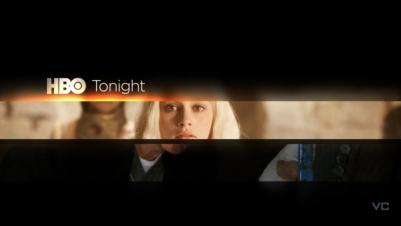 Acting on plans reported here a month ago, entertainment channel HBO has decided to end its thirty-plus-year dependence on cable and satellite distributors, announcing it will offer an online streaming video service beginning next year. Following a trail blazed by Netflix, Amazon.com, Acorn Media, and others, HBO will offer the service without a cable subscription in an effort to reach the ten-million-plus broadband-only homes, a category that is increasing steadily.
Acting on plans reported here a month ago, entertainment channel HBO has decided to end its thirty-plus-year dependence on cable and satellite distributors, announcing it will offer an online streaming video service beginning next year. Following a trail blazed by Netflix, Amazon.com, Acorn Media, and others, HBO will offer the service without a cable subscription in an effort to reach the ten-million-plus broadband-only homes, a category that is increasing steadily.
In his announcement, HBO chairman and CEO Richard Piepler said that the company had not yet decided what distribution method to use: partnering with a cable or Internet provider or offering the service directly to consumers on the Netflix model. A possible clue to HBO’s thinking is its deal, reached earlier this year, to license much of its library to Amazon for the latter’s Prime service.
One imagines that HBO’s accounting people ran the numbers for the various scenarios before the bosses made the decision to go solo, so it seems likely that HBO already knows what direction they want to take. And the fact that they haven’t yet announced their specific plan suggests that it isn’t option three, to go it alone, as they certainly could have made that part of the announcement had they chosen. And given the ferment regarding net neutrality—the idea, fostered by Google, Netflix, and other big business users of internet bandwidth, that the government should ban broadband providers from charging fair prices for the use of their information pipelines—it makes sense for HBO to stay out of that morass and let a partner deal with the headache of delivering the service to its customers.
In any case, this is good news for entertainment consumers, even those of us who are not interested in HBO’s programs. When Turner Classic Movies goes solo, I will be very tempted to take down my satellite dish.
Such an exodus away from the current cable and satellite delivery system may turn out to be what finally breaks the hold of ESPN, Disney, Viacom, and other powerful entertainment conglomerates on people’s pocketbooks. These corporations have long benefited from the practice of bundling, in which content providers force cable and satellite companies to buy several unpopular channels in order to get the one people do watch, and they charge the distributors (the cable and satellite companies) extortionate fees to carry the programming bundles. Thus people across the country who have cable or satellite TV are required to pay an average of $5 per month apiece to ESPN owner Disney Corp. in order to get cable, even if they hate ESPN and never watch it.
Those companies and the major sports leagues have made an outrageous fortune off of people who never watch their programming, and the same is the case for Disney’s other channels and Viacom and the like. The cable and satellite providers have been unable to break these programmers’ power, and that is what has been behind the dizzying rise of monthly fees for these services. That can’t go on much longer, and HBO’s announcement is quite revealing, as a powerful programming source is clearly eyeing the door in obvious awareness that the current system is unsustainable.
We will soon find out how many HBO viewers resent having to pay huge fees for ESPN, Disney, and Viacom programs they don’t watch.
Change is going to come, and probably sooner than most parties imagine. HBO’s announcement is a strong indication that it’s “game on” now in the entertainment media world—and in the case of ESPN and the other big entertainment providers, perhaps “game over” very soon for their current cushy deals.


[…] [First published at The American Culture.] […]